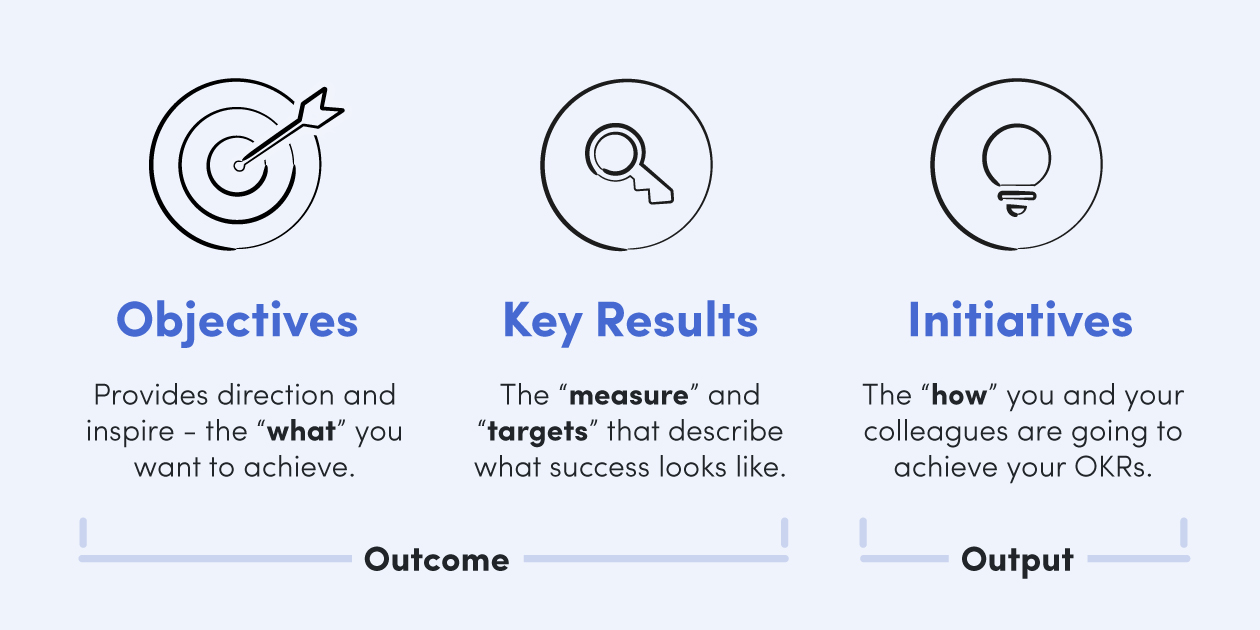The key to building a successful curiosity culture is understanding curiosity as a natural human trait. It is seen as a desire to know more, to identify the gap in information, and constantly try to fill it. It is the urge to grasp novelties, unknown experiences, and challenging ideas.
However, it also works as an incentive for employees to make their own decisions and innovate. It is of no surprise that companies tend to bring value into the corporate core, making it possible to focus also on how they do business.
Curiosity is a corporate value that is constantly evolving into more sophisticated, integrated, and holistic forms. This is a great drive for creating new visionary solutions. It serves as a tool for providing customers, users, and the team with the information they need to make decisions and achieve their goals.
Curiosity is a corporate value with an emphasis on the people and how they make the work happen. It’s all about the passion for learning and exploring, the desire to find new ways of doing things. It’s a love of learning, a curiosity about the world around you.
From the operational point of view
If you’re curious about how your company processes, it’s probably worth asking a few thoughtful questions to the people who work for you because the answers will more likely be honest and open than the ones that come from a company’s own self-serving reports.
From the recruitment point of view
By making curiosity a corporate objective, you’ll be able to attract the very best talent and get them to stay on for the long run.
Community is the social glue that holds the business together. It is the heart of a company, a place that fosters a sense of belonging to the people who come together in the community and are committed to the success of the business.
A healthy ecosystem for employees is one of the most important drivers of business success. Engaging curiosity in daily tasks and providing opportunities for people to learn and grow will make the business processes smooth and the company prosperous.






